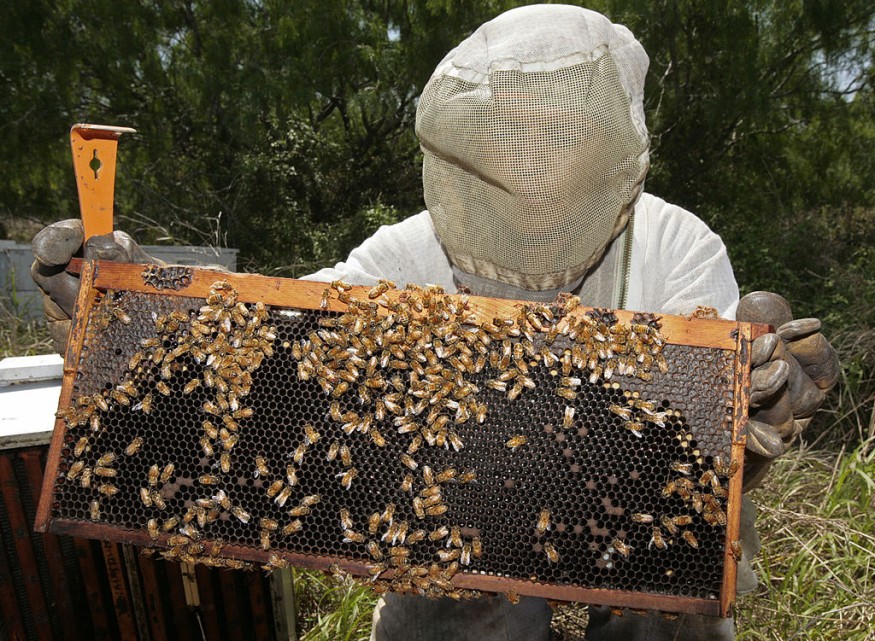A parasite plague is threatening beehives in Southeast Australia, forcing local authorities on Monday, June 27, to establish a biosecurity zone in a race to stop the spread of lethal parasites called the Varroa Mite.
The deadly pathogen was reportedly detected at the Port of Newcastle, New South Wales.
The Varroa mite parasite is described as a small red-brown pests that attack and feed on honeybees, leading to their colony destruction.
However, the case does not apply to Australia's native bees, which seem to be immune from the ferocious bloodsuckers.
The external parasitic mite is also known as the Varroa destructor, which feeds on honeybees' species Apis cerana and Apis mellifera.
The Varroa mite belongs to the Family Varroidae and Class Arachnida. It kills honeybees by causing the varroosis disease, in addition to sucking the fat bodies of bee larva.
The parasitic threat does not only raise concerns for the beehives but also the country's honey industry, which heavily rely on non-native bee species.
A potential outbreak of the parasite plague could also damage a part of Australia's agriculture.
For this, reason said security zone has been established.
Parasitic Plague and Biosecurity Zone

New South Wales' Department of Primary Industries stated the measures have been designed to the complete eradication of the parasite, as cited by CBS News.
The biosecurity zone spans to 31 miles across to prevent the movement of bees, hives, honey, or comb.
The imposed measures will remain operation until further notice.
Local officials have not provided the specific duration of the bio zone. However, it is likely to continue in the next days, weeks, or even months until the parasitic plague has been addressed.
On the other hand, the Australian Honey Bee Industry Council (AHBIC) stated that beekeepers in the Newcastle area must not relocate hives or equipment from their respective areas, as cited by the US media agency.
The AHBIC also added that moving hives will only worsen the situation and make eradication efforts against the lethal parasites futile.
Australian Honey Industry
Prior to the unprecedented discovery of the Varroa destructor, Australia is the only major honey-producing country where it is free from the parasitic pathogen, or a nation where the Varroa mite is not endemic.
Last week, the mite was discovered living on hives near the hives at Port of Newcastle, which was followed by a second detection on Saturday, June 25.
The council's acting chief executive, Danny Le Feuvre, said up to 100 hives have been destroyed already near the port, as reported by The Guardian.
The AHBIC announced the initial detection of the Varroa mite on June 22, which it described to have paved the way for the general emergency zone across the states.
In a press release on Monday, the council said no new detections of the parasite plague were recorded.
Amid the bee lockdown, local authorities are working with other agencies and institutions, particularly those related to Australia's honey industry and almond industry.
Related Article: Honey bee parasites feed on fatty organs, not blood
© 2025 NatureWorldNews.com All rights reserved. Do not reproduce without permission.





